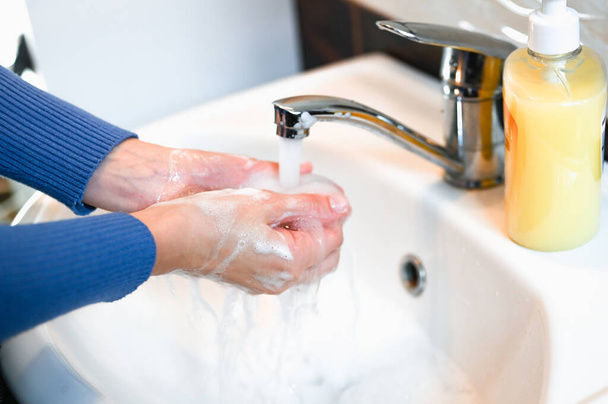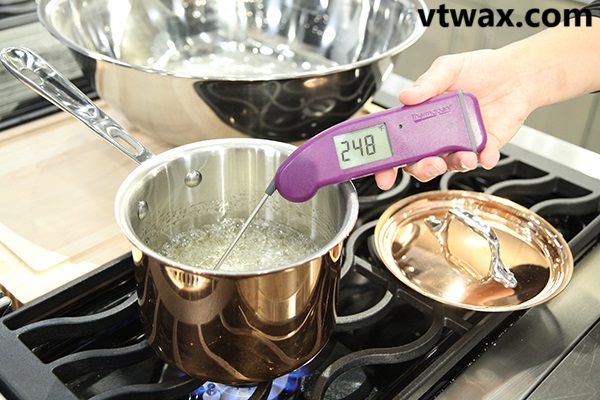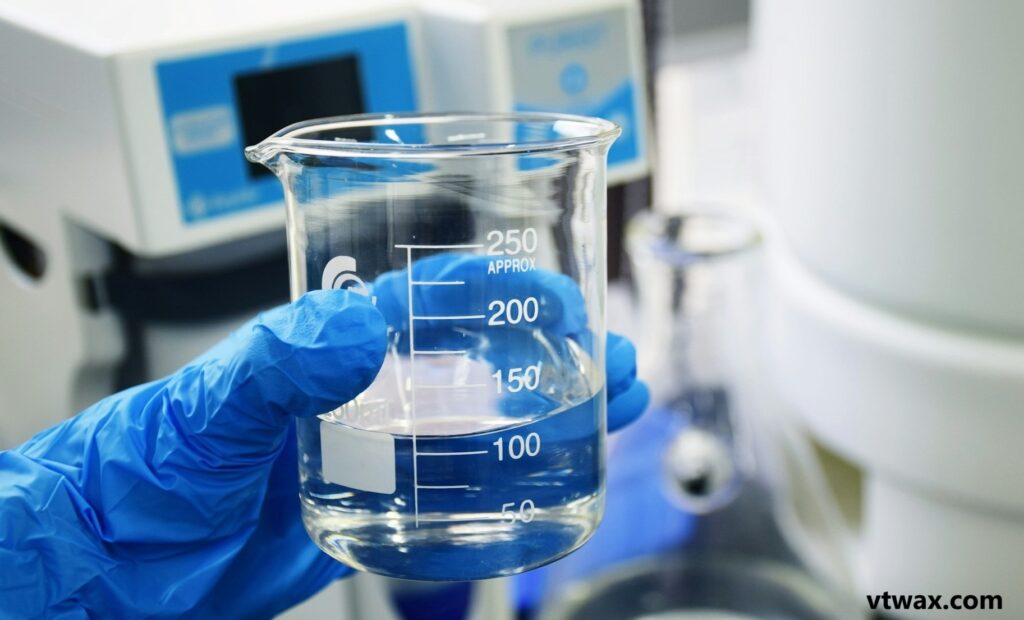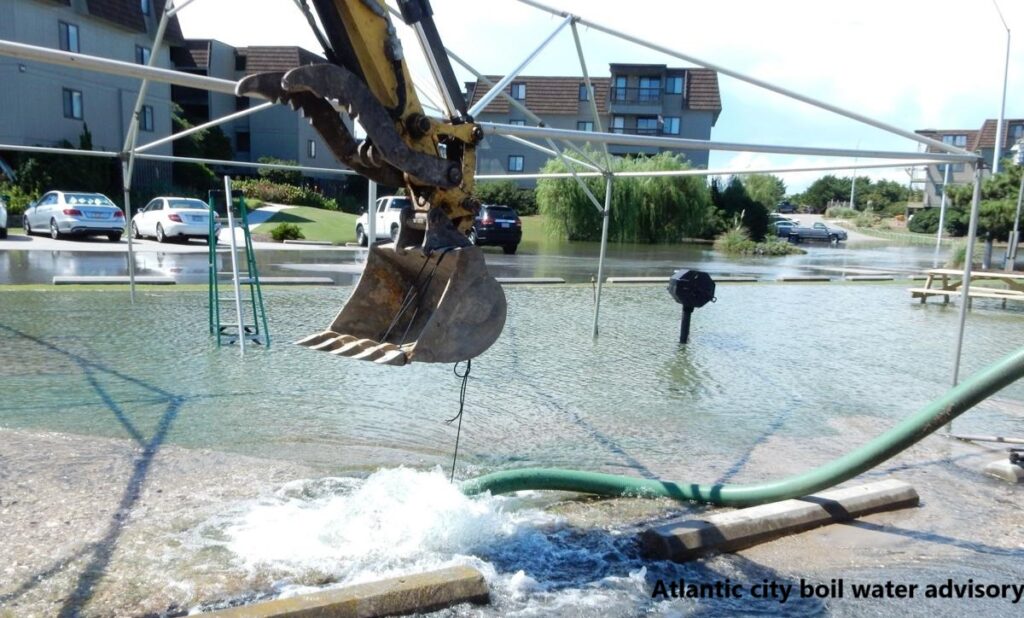Introduction
Boil Water
Boiling water kills harmful bacteria, viruses, and parasites that may be present due to contamination. To ensure safety, boil the water for at least one minute, or three minutes at higher altitudes. This process makes the water safe for drinking, cooking, and personal hygiene until the advisory is lifted.
Avoid Public Taps

Stay Updated
Stay updated by following local news or official announcements regarding the Atlantic City Boil Water Advisory. Authorities will provide important information on when the water is safe to use again. Regularly check for updates to ensure you are taking the correct precautions.
Precautions to Take During the Atlantic City Boil Water Advisory
During the Atlantic City Boil Water Advisory, ensure all water used for drinking, cooking, and hygiene is boiled or bottled. Additionally, avoid using public water sources until the advisory is officially lifted.
Use Bottled Water
Use bottled water for drinking, cooking, and brushing teeth to avoid potential contamination. Ensure the bottled water is from a reliable source and has a sealed cap. This provides a safe alternative while the Atlantic City Boil Water Advisory is in effect.
Sanitize Dishes
Sanitize dishes and utensils with boiled or bottled water to prevent exposure to harmful bacteria. Wash them thoroughly, then rinse with safe water to ensure cleanliness. This helps protect against waterborne illnesses during the Atlantic City Boil Water Advisory.
Monitor Updates
How Long Should You Boil Water During a Boil Water Advisory?
Boil for 1 Minute
Boil water for at least one minute to effectively kill harmful bacteria, viruses, and pathogens that may be present. This ensures the water is safe for consumption, cooking, and personal hygiene. At lower elevations, boiling for one minute is generally sufficient to eliminate potential contaminants and make the water safe to use.
High Altitude Boiling
At higher altitudes, water boils at a lower temperature, which may not effectively kill harmful bacteria. To ensure safety, boil water for at least three minutes in areas above 6,500 feet. This extended boiling time compensates for the lower boiling point.

Proper Temperature
To ensure water is safe, it must reach a rolling boil, which is typically around 212°F (100°C) at sea level. This temperature effectively kills harmful pathogens. Always ensure the water stays at a full boil for the required time to guarantee safety.
Usage Guidelines
During a Atlantic City Boil Water Advisory, use boiled or bottled water for drinking, cooking, and brushing teeth. Avoid using unboiled water for food preparation or cleaning utensils. Follow local health guidelines to minimize the risk of waterborne illnesses.
What Are the Risks of Ignoring the Boil Water Advisory in Atlantic City?
Ignoring the advisory can lead to waterborne illnesses like diarrhea and vomiting. These risks are higher for vulnerable groups such as children and the elderly.
Health Risks
Ignoring the boil water advisory can expose individuals to harmful bacteria, viruses, and parasites. This increases the risk of waterborne diseases like diarrhea, nausea, and stomach cramps. These health issues can be severe, especially for children, the elderly, and those with weakened immune systems.

Contaminant Exposure
Ignoring the boil water advisory increases the risk of exposure to harmful contaminants like bacteria, viruses, and parasites. These pathogens can cause serious infections or illness if ingested. Consuming untreated water can lead to severe health problems, particularly for sensitive individuals.
Vulnerable Groups
Vulnerable groups, such as children, the elderly, and those with weakened immune systems, are at higher risk during a boil water advisory. Their bodies are more susceptible to infections and waterborne diseases. Even mild exposure to contaminated water can lead to serious health complications for these individuals.
What to Do After the Advisory Is Lifted?
After the advisory is lifted, run tap water for a few minutes to flush out any remaining contaminants. It’s also a good idea to clean and sanitize any water-using appliances, such as ice makers or water filters.
Flush Tap Water
After the advisory is lifted, run tap water for several minutes to flush out any remaining contaminants from the pipes. This helps remove any stagnant or contaminated water that may still be in the system. Flushing ensures the water is safe for use in drinking, cooking, and hygiene.
Check Water Quality
After the advisory is lifted, check the water for any unusual color, taste, or odor before using it. If the water appears cloudy or smells off, continue boiling or using bottled water until it clears. Monitoring water quality helps ensure it is safe for consumption and daily use.

Follow Official Guidelines
After the advisory is lifted, follow any additional instructions provided by local authorities to ensure water safety. These guidelines may include further flushing of pipes or specific actions to take for certain areas. Staying informed helps ensure you are fully compliant with safety recommendations.
Conclusion
A boil water advisory in Atlantic City is a serious matter that requires quick action to ensure public safety. If you’re affected by the advisory, make sure to Atlantic City Boil Water Advisory before using it for drinking, cooking, or personal hygiene. Stay informed through local news and official sources, and follow the advice given by authorities to protect yourself and your loved ones. Once the advisory is lifted, be sure to follow any additional guidance provided to ensure your water is safe for everyday use. By taking these steps, you can stay safe and help prevent illness during this critical time.


